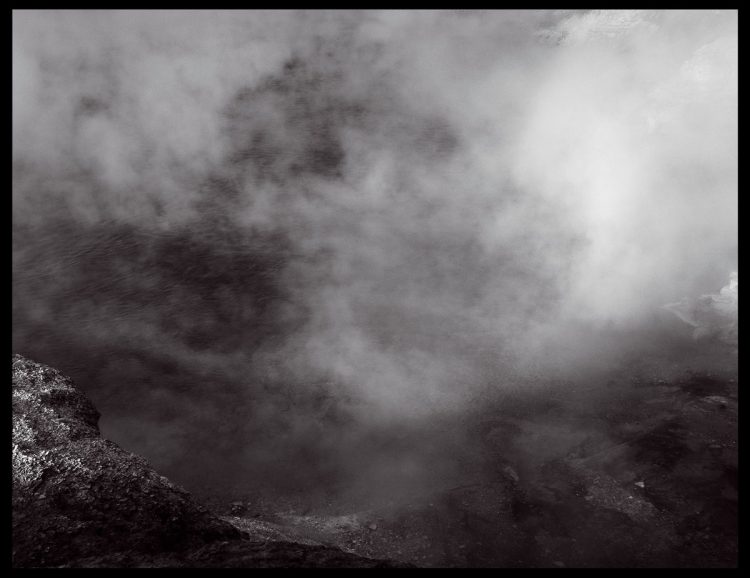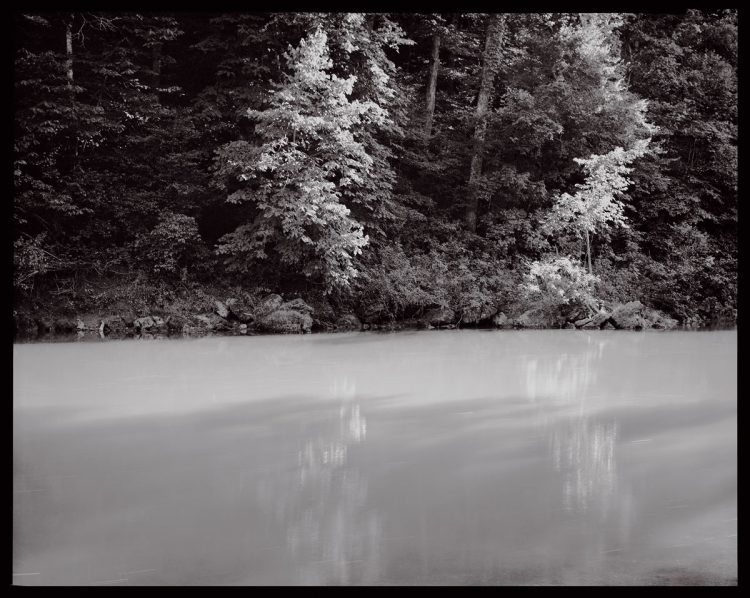The Earth’s landscape is changing at a dramatic pace. These changes, driven by both human action and inaction, have long-term implications for the future of the planet.
Gwen Walstrand, professor of art and design at Missouri State University, is exploring these changes through photography.
“We have an ocean of images surrounding us all the time — a sea of floating pixels,” said Walstrand. “I’m hoping that my images are more contemplative, that when you encounter them in a museum, gallery or book form, they are more thought-provoking.”
On her recent sabbatical, Walstrand hiked and canoed her way through mountains and forests to capture landscapes across the United States
‘Beautiful, dark, foreboding’
Walstrand uses visual literacy to communicate things about the world. Her most recent project focuses on using 17th and 18th century notions of the “sublime” to highlight 21st century environmental issues.
“For this project, ‘sublime’ refers to an agreeable or pleasurable kind of terror, often in the face of the natural world,” said Walstrand. “I want to create an emotional response to places that causes people to stop and think.”

Walstrand’s images, in black and white, strive to communicate the ominous danger represented by climate change.
“They don’t bluntly describe destruction, but there tends to be a kind of foreboding or threatening quality,” said Walstrand. “I am hoping these images create a little concern and action.”
Photography and poetry
As her project evolves, Walstrand is considering partnering with a poet to fuse written and visual languages together.
“Images alone might not create concern and action – the information has to be there as well in some form,” said Walstrand. “Introducing an emotional charge with poetry might encourage it to be taken more seriously.”
Through this combination of visual and written art, Walstrand hopes to create an open and non-threatening discussion about climate change.
“I am trying to create a more emotional way of responding to nature so it doesn’t come off as preachy,” said Walstrand. “Instead, it will offer people an opportunity to connect with landscapes in a way that gives us a bit of pause.”
For more information, contact Walstrand at 417-837-2352.


Leave a Reply